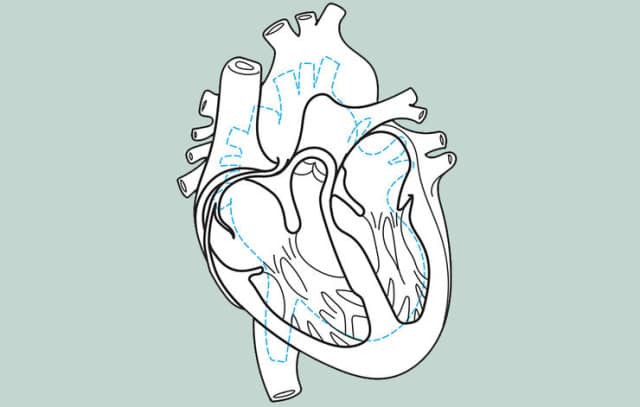6 Reasons Your Doctor Needs to Know You’re a Runner
To get the best treatment and to keep training well, your doctor should be informed about your daily mileage.
For all our eagerness to ramble on about our long runs and recent races, runners can be tight-lipped in the doctor’s office. Many would rather not mention their pavement-pounding hobby at all.
“They’re afraid that with an injury or some other problem, the doctor is going to look at them and tell them, ‘You really need to stop that,’” says Delmas Bolin, a family practice and sports medicine physician in Roanoke, Virginia. “So they do what I think most of us would do: They just withhold the information.”
But your running habits can explain a lot about your health. In order to provide you with the most accurate diagnoses, the safest treatments, and your best hope for running well, your doctor needs to know you’re a runner. Here are six reasons why:
1. Your Heart May Act Differently

Runners may have athletic heart syndrome, in which years of endurance training have enlarged the heart, allowing it to beat slower, as each beat pumps more blood. But enlarged hearts and slow heartbeats can be mistaken for pathological conditions. “Athletic heart syndrome, where these changes are adaptive and benign, can mimic early disease states, like cardiomyopathy,” says Todd Miller, a cardiologist in Minnesota. Because of the overlap, distinguishing a healthy athletic heart from a pathologic one can be challenging if your doctor doesn’t know your running history, he says.
But symptoms like chest pains, difficulty breathing, or a racing heart that is out of proportion to the level of effort should be taken more seriously in someone doing high intensity exercise, says Carl Lavie, a cardiologist in New Orleans. “My colleagues and I have described potential risks, although relatively small, of extreme endurance exercise, such as marathon running and longer triathlons, so it is worth the clinician knowing about this,” he says.
On the other hand, the only symptom a runner may notice is a decline in performance. “Somebody might have coronary artery disease but not have typical chest discomfort or shortness of breath,” says Miller. “But it’s showing up as worsening fatigue with exercise and declining performance.” In either case, a doctor should be alerted of your running history as more specific tests may be warranted.
READ MORE ON: injury-prevention

